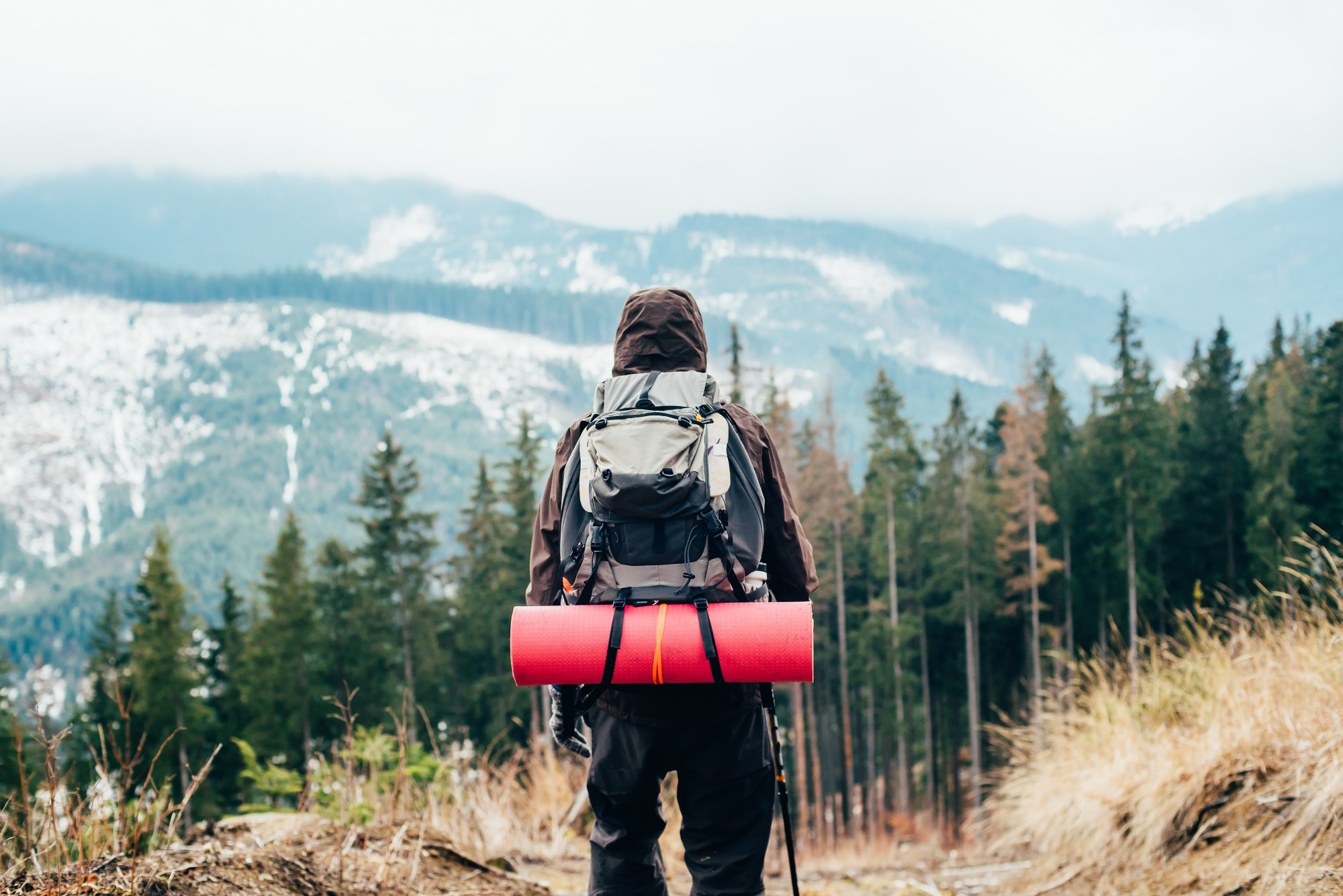In the United States, about 40 million people go camping each year.
If you’re planning your first outdoor adventure, there are some things you should do to make sure that you have a fun (and safe) trip.
Keep reading for some tips you may not have considered for your first adventure!
1. Have a First Aid Kit Ready
Whenever you are setting out on a new adventure, you should have a first aid kit with you. It doesn’t need to be a large one, but it should have some essentials that can help you in any situation.
You may not end up needing it, but if you do, you’ll be grateful that you took the time to pack it.
There are some camping first aid kits that you can buy, but you can also make one on your own. If you choose the latter, you can customize it and pack things you know you will need.
Pack some things like:
- Bandages
- Antibiotic ointments
- Any allergy medicine you need
- Safety pins
- Gauze
- Gloves
- Ointments for Cuts
- Hand sanitizer
You can add more items in there if you think you’ll need them, but these should be able to help you in case something happens.
If something does happen to you (that isn’t your fault), check out https://sweetjames.com to see if you can get justice for your injuries.
2. Be Ready to Navigate If Your Phone Fails
Most of us use our phones to navigate, but while you’re camping, you may not have cell service.
You can download maps to be offline on your phone, but you could also encounter the issue of having your phone die on you. It’s best to bring a map and a compass instead.
They don’t need batteries, but you do have to know how they work and how to use them. Before you head out on your camping trip, familiarize yourself with these tools so you don’t get lost.
3. Tell Someone Where You’ll Be
Before you go hiking into the woods, make sure that someone else knows where you were. Tell at least two or three close friends or trusted family members.
You may also want to leave a note in your home or somewhere in your car in case something happens to you.
While most adventures don’t end up with something tragic happening to you, you do want to make sure that someone knows where to find you if you don’t show up after a while.
While you’re doing this, try to hold off on posting about your trip on social media. This could advertise to people that you’re not home, which could open you up to potential robberies.
It may also give your location to strangers who know exactly where to find you.
4. Wear Sunscreen
Regardless of where you’re hiking, grab a bottle of sunscreen and put some on. While it may not feel very hot outside, the sun will beat down on you all day and burn your skin.
You might not notice that it’s burning until too late, which will leave you with some really hot nights in your tent.
5. Read Up on the Local Wildlife
When you go camping, you’re venturing into a new territory that isn’t yours. It’s local wildlife’s.
Bears are one of the biggest problems you might encounter while you’re on your adventure, and you need to be prepared for what you’ll do if you run into one.
While bears can be dangerous (especially mother bears), you’ll also need to watch out for:
- Snakes
- Scorpions
- Insects (like ticks)
- Mountain lions
- Wolves
Read up on the area you’re going to be hiking and camping in to see what wildlife is native to that area. You’ll also want to read a little bit about what to do if you do encounter one.
6. Stay Hydrated
Staying hydrated is extremely important. Bring a lot of water with you, or buy a water bottle that will filter stream water.
You can go for a few days, possibly even weeks without food. But you won’t survive very long if you can’t drink anything.
While you might be tempted not to drink any water so you don’t have to use the bathroom so often, it will hurt you in the long run and put your health at risk.
7. Pack Some Food and Snacks
While we’re talking about food, packing snacks is always important!
Even if you don’t think you’re going to be out for very long, pack food anyway. Anything could happen, and it’s better to have it.
There are plenty of snacks that will fill you up and are also easy to pack. Bring things like:
- Nuts
- Vegetable chips
- Dried fruit
- Crackers
- Candy
- Energy bars
These can all help keep you satisfied so that you don’t get too hungry while hiking or finding a place to camp.
8. Wear Comfortable and Practical Clothing
Even if it’s cold outside, hiking or setting up your tent will start to warm you up really fast.
That’s why it’s important to check the weather before you go and make sure you dress accordingly.
Wear some good hiking boots and some comfortable clothes. One good tip to try to follow is to wear layers. That way if you get too hot, you can take some of them off.
Discover More About Staying Safe on Your First Outdoor Adventure
These are only a few things to know about staying safe on your first outdoor adventure, but there are more tips to follow as well.
It can be difficult to remember everything you’re supposed to do and make sure you have everything packed. Making a list for your travels is always helpful.
Thankfully, our website has lots of traveling and packing content for you to enjoy!
If you enjoyed this article, make sure that you explore our website to find more just like this one.

Leave a Reply